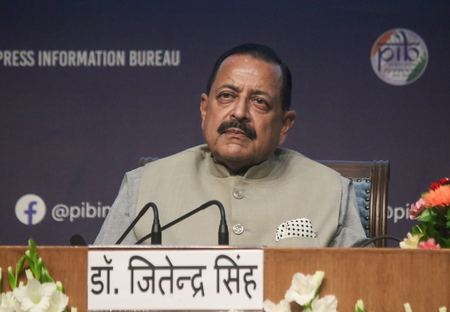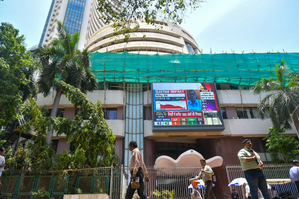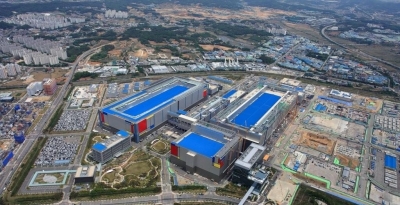
New Delhi, Oct 18 (IANS) Union Minister of State (Independent Charge) for Science and Technology, Dr. Jitendra Singh, on Saturday said India has developed its first indigenously discovered antibiotic ‘Nafithromycin’, which is effective against resistant respiratory infections, particularly useful for cancer patients and poorly controlled diabetics.
According to the minister, the antibiotic is the first molecule entirely conceptualised, developed and clinically validated in India, representing a significant leap toward self-reliance in the pharmaceutical sector.
Dr Singh also mentioned that India has already sequenced over 10,000 human genomes and aims to scale this up to one million.
The gene therapy trial, he added, recorded a 60–70 per cent correction rate with zero bleeding episodes, representing a milestone in India’s medical research landscape.
The findings have been published in the New England Journal of Medicine, underscoring India’s growing leadership in advanced biomedical innovation.
Dr Singh said the Anusandhan National Research Foundation (ANRF) is a major step in this direction, with a total outlay of Rs 50,000 crore over five years, of which Rs 36,000 crore will come from non-government sources.
Inaugurating the three-day Medical Workshop on “Harnessing Artificial Intelligence for Multi-Omics Data Integration and Analysis”, Dr. Singh said that India must develop a self-sustainable ecosystem to drive its scientific and research growth.
He stated that most nations that have achieved global recognition in science and innovation have done so through self-sustaining, innovation-driven models with extensive engagement of the private sector.
The minister also announced that India has achieved a major breakthrough in gene therapy, marking the first successful indigenous clinical trial for Hemophilia treatment, the trial for which was supported by the government’s Department of Biotechnology and done in a non-government sector hospital, Christian Medical College Vellore.
He also stated that artificial intelligence (AI) has become one of the most transformative tools of the modern era, reshaping healthcare accessibility, governance efficiency, and decision-making.
The minister hailed institutions like Sir Ganga Ram Hospital for pioneering interdisciplinary approaches by integrating AI, biotechnology and genomics to improve healthcare outcomes.
—IANS
na/




